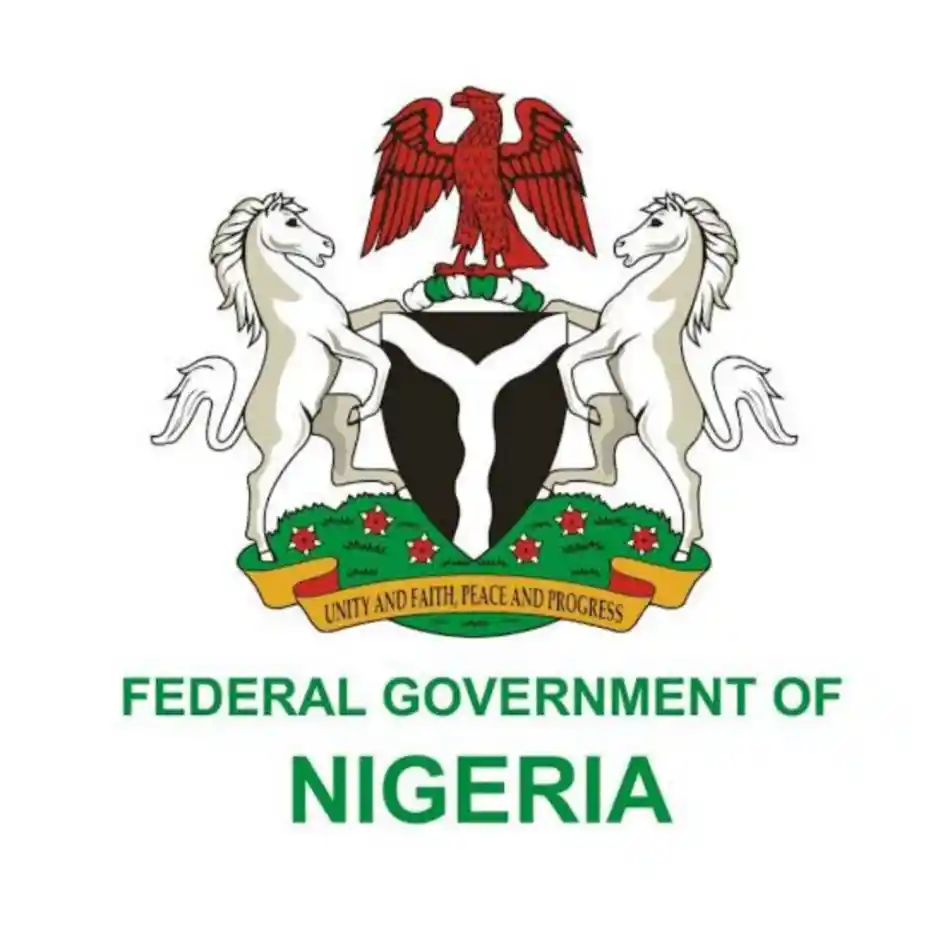The federal government has announced that the Agro-Climatic Resilience in Semi-Arid Landscapes (ACReSAL) project is set to directly impact 3.4 million beneficiaries, with 1.68 million of them, representing 49.41 percent, being women. The initiative aims to transform drylands in northern Nigeria through a long-term restoration plan.
Speaking at the opening ceremony of a 10-day stakeholders engagement on the strategic catchment management plan (SCMP) for 11 new river catchments across seven states in Ilorin on Monday, the national project coordinator of ACReSAL, Mr. Abdulhamid Umar, said the project focuses on restoring degraded land, rebalancing ecosystems, and strengthening community resilience.
Umar, represented by Engineer Adamu Shettima, Water Resources Management specialist in the federal project management unit, explained that the programme is supported by the World Bank through the International Development Association (IDA).
“This is the first time the federal government is developing a catchment management plan of this magnitude,” Umar said. “Having completed nine out of the proposed 20 plans, ACReSAL has come a long way with dedication and resolve from our teams at federal and state levels in driving this project forward.”
The new engagement will involve stakeholders from Malenda Kaduna-Mariga, Gurara-Gbalo in Abuja, Oshin-Oyi, and Sarkin-Powa-Kaduna strategic catchments, covering Kwara, Kaduna, Kebbi, Zamfara, Niger, and the Federal Capital Territory (FCT).
According to Umar, the strategic catchment management plan will enable ACReSAL to meet its development objectives and restore one million hectares of degraded land, making them usable for commercial, domestic, or other purposes.
“Strategic catchment management plans will integrate social and economic needs with natural ecosystems and long-term resource use,” he said. “They will outline structures for environmental cooperation, social commitment, and strategies to address potential environmental challenges early.”
Umar added that achieving a comprehensive plan requires contributions from strategic stakeholders to ensure a holistic and inclusive document.
Kwara State Commissioner for Environment, Hajia Nafisat Musa Buge, said the engagement aims to improve water governance, strengthen environmental resilience, and promote sustainable livelihoods in semi-arid regions.
She noted that the new catchments span across Kwara, Niger, Kaduna, Kebbi, Zamfara, and the FCT.
“As of today, there are nine developed SCMP across other zones, including Wase-Taraba and Hadejia-Jama’are,” Buge said. “We are proud that Kwara is hosting this next phase, where 11 additional catchments will undergo strategic planning.”
The Kwara State Coordinator of ACReSAL, Alhaji Shamsideen Olatunbosun Aregbe, called for strong stakeholder participation, describing the forum as an opportunity to shape the future of the state’s catchment areas through inclusive and sustainable planning.
“This gathering brings together key stakeholders to discuss, collaborate, and develop a plan that balances environmental, social, and economic needs,” Aregbe said. “Your input and expertise are invaluable to this process.”
Aregbe further explained that the ACReSAL project addresses land degradation and climate change in 19 northern states and the FCT through integrated landscape management, aiming to boost agricultural productivity, improve water resources, and create sustainable economic opportunities.

